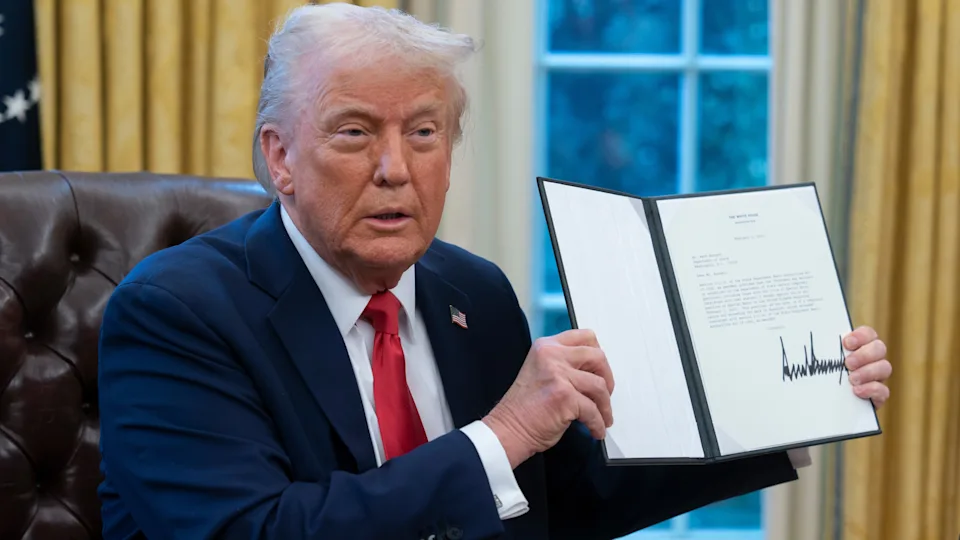Trump’s 100% Tariff on Pharma Imports: What It Means for India
Related Articles
दिल्ली: पूर्व MLA वंदना कुमारी के पति पर एमसीडी कर्मचारियों के साथ मारपीट का मामला, FIR दर्ज
दिल्ली के शालीमार बाग में आम आदमी पार्टी (AAP) के नेताओं पर सरकारी कर्मचारियों के साथ मारपीट का गंभीर आरोप लगाया गया है। यह...
भारत ने की 5083 करोड़ की बड़ी डिफेंस डील, ALH Mk-III हेलिकॉप्टर और VL-Shtil मिसाइलें शामिल
रक्षा मंत्रालय ने हाल ही में 5083 करोड़ रुपये के दो महत्वपूर्ण रक्षा सौदों पर हस्ताक्षर किए हैं। इन सौदों के तहत इंडियन कोस्ट...
होली 2026: पर्यावरण, सेहत और भाईचारे का रखें ख्याल, CM रेखा गुप्ता का संदेश
दिल्ली की मुख्यमंत्री रेखा गुप्ता ने होली के पावन अवसर पर सभी दिल्लीवासियों को हार्दिक बधाई दी है। उन्होंने इस पर्व को आपसी प्रेम,...


